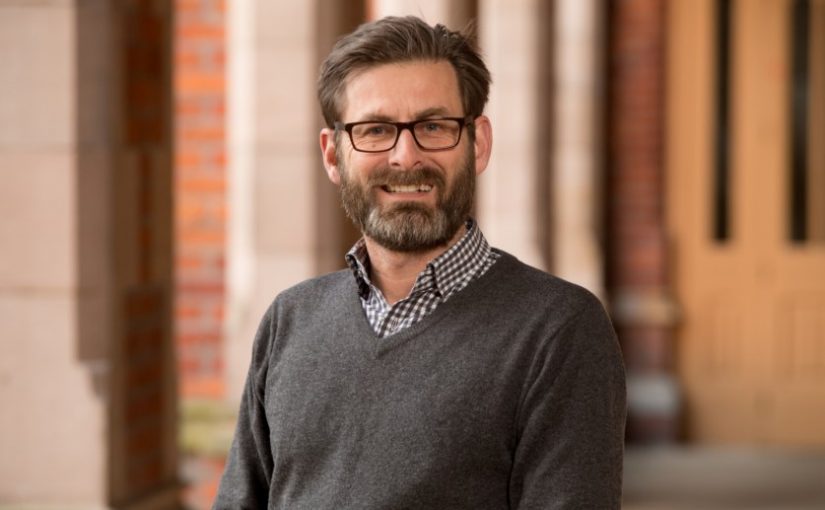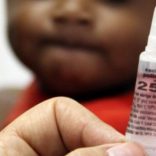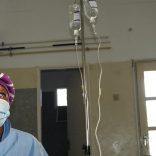Mozambique: Polio vaccination campaign exceeds target, over 19M children vaccinated
Pope in Mozambique: “There is a high risk of the visit being used by the ruling party, Frelimo”

File photo
For Eric Morier-Genoud, the author of ‘Catholicism and the Making of Politics in Central Mozambique, 1940-1986’, “the papal visit is very important,” but it has drawn much criticism, even from bishops, for taking place during an electoral campaign.
Professor of History at the University of Belfast, Eric Morier-Genoud is well acquainted with the past and present of the Catholic Church in Mozambique, about which he wrote his doctoral thesis and the book ‘Catholicism and the Making of Politics in Central Mozambique, 1940- 1986’. He is currently writing about the civil war in the country and the journal of Emperor Gungunhana’s doctor.
In an email conversation with Portuguese newspaper ‘Público’, he says that Pope Francis is taking “a big risk” by officially visiting Mozambique from 4 to 6 September, during the country’s election campaign.
How important is this papal visit to Mozambique?
The Papal visit is very important. It is only the second visit of a Pope to Mozambique (since John Paul II in 1988) and comes seven years after the signing of a Concordat between the Vatican and Mozambique. The Concordat has not yet been fully translated into practice (largely for technical reasons), and I think this will be one of the issues discussed, beyond the official themes of “hope, peace and reconciliation”.
Is this the best timing for the visit, given that Mozambique is in an election campaign?
The Pope visiting in the midst of an electoral campaign is being widely and openly criticised, including in Catholic circles and by some bishops. There is a high risk of the visit being used by the ruling party, Frelimo. In addition, the Pope is talking about peace and reconciliation as a Catholic when an Islamist insurrection is developing in the north of the country – which the Supreme Pontiff is not visiting. Now, the optimists focus on the fact that the Pope arrives after the signing of the Definitive Peace and Reconciliation Agreement with Renamo in August, and this visit could help settle spirits, focus on the way forward and give hope to the Mozambican people. Both sides are right. But in part, the success or otherwise of the Pope’s visit will also depend on what the Pope says and does during his short visit. There is a great expectation that he will address difficult issues, both current and from the past, to help secure the peace, strengthen democracy and human rights, and re-launch reconciliation.
Elections will dictate the future of Mozambique’s third peace agreement. How might this visit be different from Pope John Paul II’s visit in 1988?
Mozambican society has changed profoundly in 31 years. A different generation of Mozambicans is receiving the Pope. In 1988, the country was still deep in a civil war, and the church’s big concern was the restitution of its property, which had been nationalised after independence. Today, relations between the Catholic Church and the state are good, and there is no “religious issue” in the country. Relations between religious organisations and the state are good and interfaith relations are excellent as well. But the social and political balance is almost as complicated as it was in 1988, even if for other reasons, and the Pope is taking a big risk entering into this scenario, in the middle of an election campaign. Let’s see if he can offer a prophetic vision that surprises and confounds the critics of his visit.
By Antonio Rodrigues













Leave a Reply
Be the First to Comment!
You must be logged in to post a comment.
You must be logged in to post a comment.